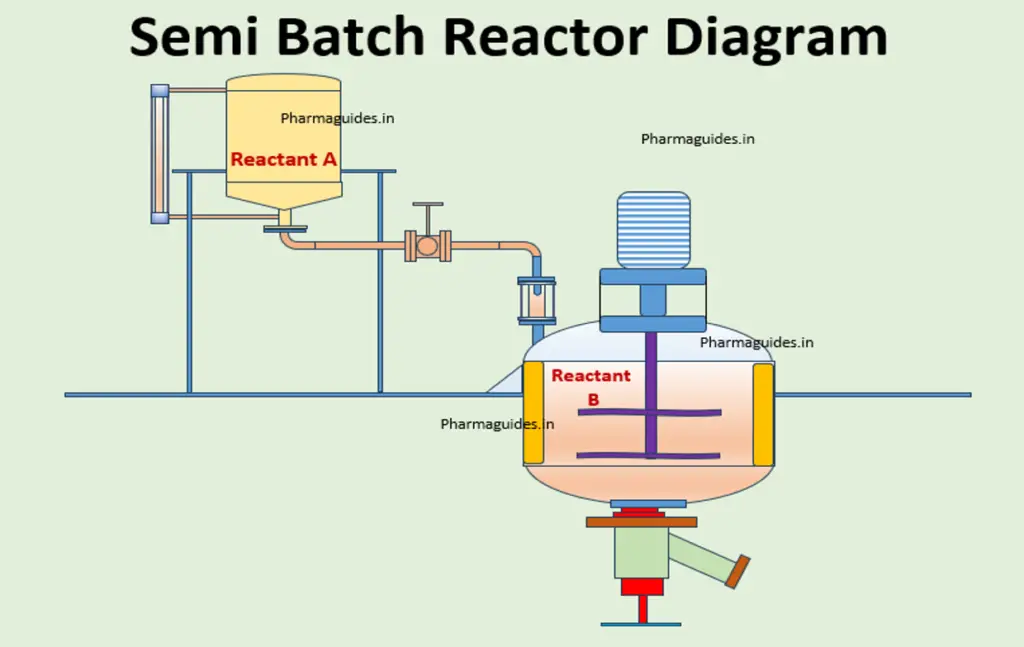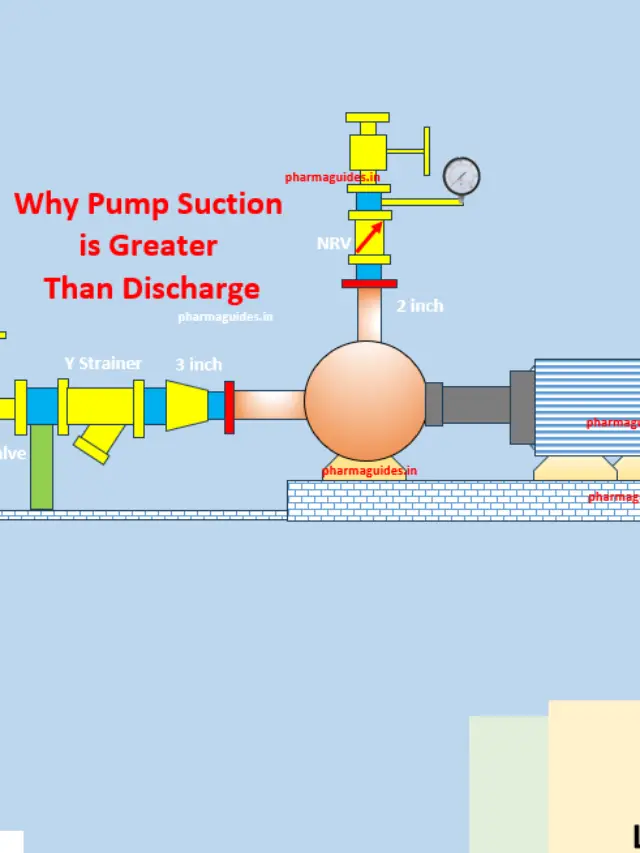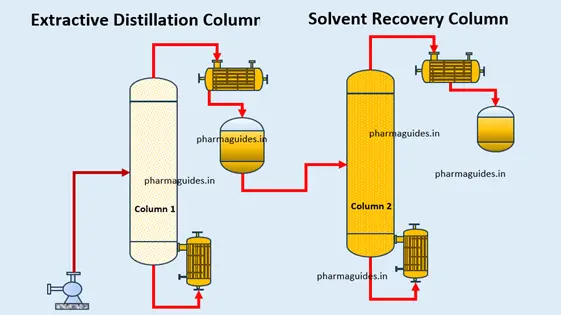difference between fossil fuels and solar energy
Fossil Fuels vs. Solar Energy: Understanding the Divergent Paths to Power Generation
Introduction
As the world faces pressing environmental challenges, the debate over energy sources has gained significant attention. Fossil fuels and solar energy are two prominent contenders that represent opposing trajectories in power generation. Fossil fuels, such as coal, oil, and natural gas, have been the backbone of global energy production for centuries. On the other hand, solar energy harnesses the power of the sun through photovoltaic (PV) panels and thermal systems. This article aims to highlight the fundamental differences between these two energy sources, exploring their advantages, disadvantages, and long-term implications for our planet.
- Nature of Resources
Fossil Fuels: Fossil fuels are non-renewable resources formed over millions of years from the remains of plants and animals buried deep in the Earth’s crust. They have finite reserves, and as they are extracted and consumed, they cannot be replenished in a human lifetime.
Solar Energy: Solar energy, in contrast, is a renewable energy source, relying on the sun’s vast and continuous supply of radiation. Solar power is inexhaustible and has the potential to provide energy for billions of years, making it a sustainable alternative to fossil fuels.
- Environmental Impact
Fossil Fuels: The burning of fossil fuels releases carbon dioxide and other greenhouse gases, contributing to climate change and air pollution. Additionally, extraction and transportation of these fuels can cause environmental degradation, habitat destruction, and oil spills that harm ecosystems, distinguish between fossil fuels and solar energy class 10.

Solar Energy: Solar energy production emits virtually no greenhouse gases during its operational phase. Although manufacturing solar panels and related infrastructure have some environmental impact, it is significantly lower than fossil fuel extraction and burning. Solar energy plays a crucial role in mitigating climate change and reducing overall pollution levels.
- Energy Efficiency
Fossil Fuels: Traditional power plants that utilize fossil fuels often face significant energy losses due to conversion processes. The overall efficiency of fossil fuel power generation hovers around 30-40%, with some sources being even less efficient.
Solar Energy: Solar panels have seen considerable improvements in efficiency over the years. Photovoltaic solar panels can now achieve efficiencies upwards of 20-25%, with ongoing research and development aiming to increase this further. Additionally, solar thermal systems have the potential to reach efficiencies as high as 80%, distinguish between fossil fuels and solar energy class 10.
- Energy Storage
Fossil Fuels: Fossil fuel power plants provide a consistent and readily available source of energy, but they lack efficient energy storage capabilities. As a result, excess energy generated during low-demand periods is often wasted.
Solar Energy: Solar energy faces intermittency issues, as it depends on sunlight availability. However, advancements in energy storage technologies, such as batteries and grid management systems, are addressing this challenge. These storage solutions enable the capture and utilization of surplus energy, making solar power increasingly reliable, distinguish between fossil fuels and solar energy class 10.
- Cost and Accessibility
Fossil Fuels: Historically, fossil fuels have been relatively inexpensive to extract and use. However, as easily accessible reserves diminish, extraction costs are rising. Moreover, the external costs of environmental damage and health impacts add to the overall expense, distinguish between fossil fuels and solar energy class 10.
Solar Energy: The cost of solar energy has plummeted in recent years, largely due to technological advancements and economies of scale. Solar power is now cost-competitive with conventional energy sources in many regions. Additionally, solar energy is highly accessible, especially in sun-rich areas, providing localized power generation and energy independence.
Table summarizing the key difference between fossil fuels and solar energy.
| Aspect | Fossil Fuels | Solar Energy |
|---|---|---|
| Nature of Resources | Non-renewable; finite reserves | Renewable; relies on continuous sunlight |
| Environmental Impact | High greenhouse gas emissions | Virtually no greenhouse gas emissions |
| Air pollution and environmental damage | during operation | |
| Energy Efficiency | Relatively low efficiency (~30-40%) | Improving efficiency (~20-25% for PV panels) |
| Due to conversion processes | and high efficiency (~80%) for solar thermal | |
| Energy Storage | Limited energy storage capabilities | Advances in battery storage and grid systems |
| leading to waste during low-demand periods | addressing intermittency issues | |
| Cost and Accessibility | Historically inexpensive, but costs rising | Cost-competitive with conventional sources |
| due to depleting reserves and external | Cost declining due to technological advances | |
| environmental costs | and economies of scale |
Please note that the information in the table is a general overview and may vary depending on specific technologies, locations, and market conditions. The transition from fossil fuels to solar energy is a complex and ongoing process, with both advantages and challenges to be considered.
Conclusion
The differences between fossil fuels and solar energy extend beyond their physical properties and usage. Fossil fuels, while historically essential for global energy needs, have proven detrimental to the environment and pose significant challenges in the face of climate change. On the other hand, solar energy represents a clean, sustainable, and abundant alternative that can shape a more environmentally responsible future.
Transitioning from fossil fuels to solar energy requires a comprehensive approach that addresses technological advancements, policy changes, and public awareness. As solar energy continues to improve in efficiency and affordability, it holds the key to a cleaner and more sustainable energy landscape for generations to come.
distinguish between fossil fuels and solar energy class 10
difference between fossil fuels and solar energy
distinguish between fossil fuels and solar energy as direct source of energy
difference between fossil fuels and solar energy













